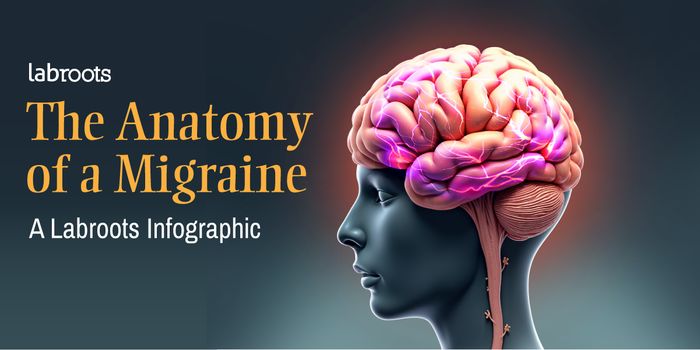Osteoarthritis is a painful condition in which joints become inflamed, leading them to feel stiff or sore, especially in the morning. The condition is thought to impact about 300 million people around the world, making it a primary cause of pain that limits the movement of many people and has a negative impact on their quality of life. While exercise can help some people, and medications can be useful in treating osteoarthritis, in more serious cases surgery or prosthesis may be necessary.
Scientists have now learned more about genetic factors that may increase a person's risk of developing osteoarthritis. Reporting in Cell, researchers have assessed genetic data from over 800,000 people from Europe and Asia, including about 200,000 individuals with osteoarthritis. This enabled the investigators to compare genetic sequences from each group, and look for patterns.
The study has identified genes that seem to influence the development of arthritis. Those genes are normally involved in the development of cartilage and bone. While previous work has suggested that osteoarthritis is related to diabetes and obesity, this research has also revealed a link between pain and osteoarthritis. The pain caused by this disorder can be debilitating.
This is the first time that a genetic correlation between osteoarthritis and pain has been revealed, said study co-author Anne Heidi Skogholt, a researcher at the Norwegian University of Science and Technology's (NTNU) K.G. Jebsen Center for Genetic Epidemiology.
The research also found that some existing drugs that are currently used to treat other diseases could act on these osteoarthritis-related genes. While more work will be needed before we know if those drugs can work to treat osteoarthritis patients, this study is a good start.
"This means that the path to medicines that can slow down osteoarthritis is shorter than it would have been otherwise. This work will help facilitate clinical studies," noted Skogholt.
The research also found risk factors that are present in women and affect joints that bear weight, like the knees.
Skogholt noted that the researchers still have to study African populations to identify additional osteoarthritis-associated genes.
Sources: Norwegian University of Science and Technology, Cell









